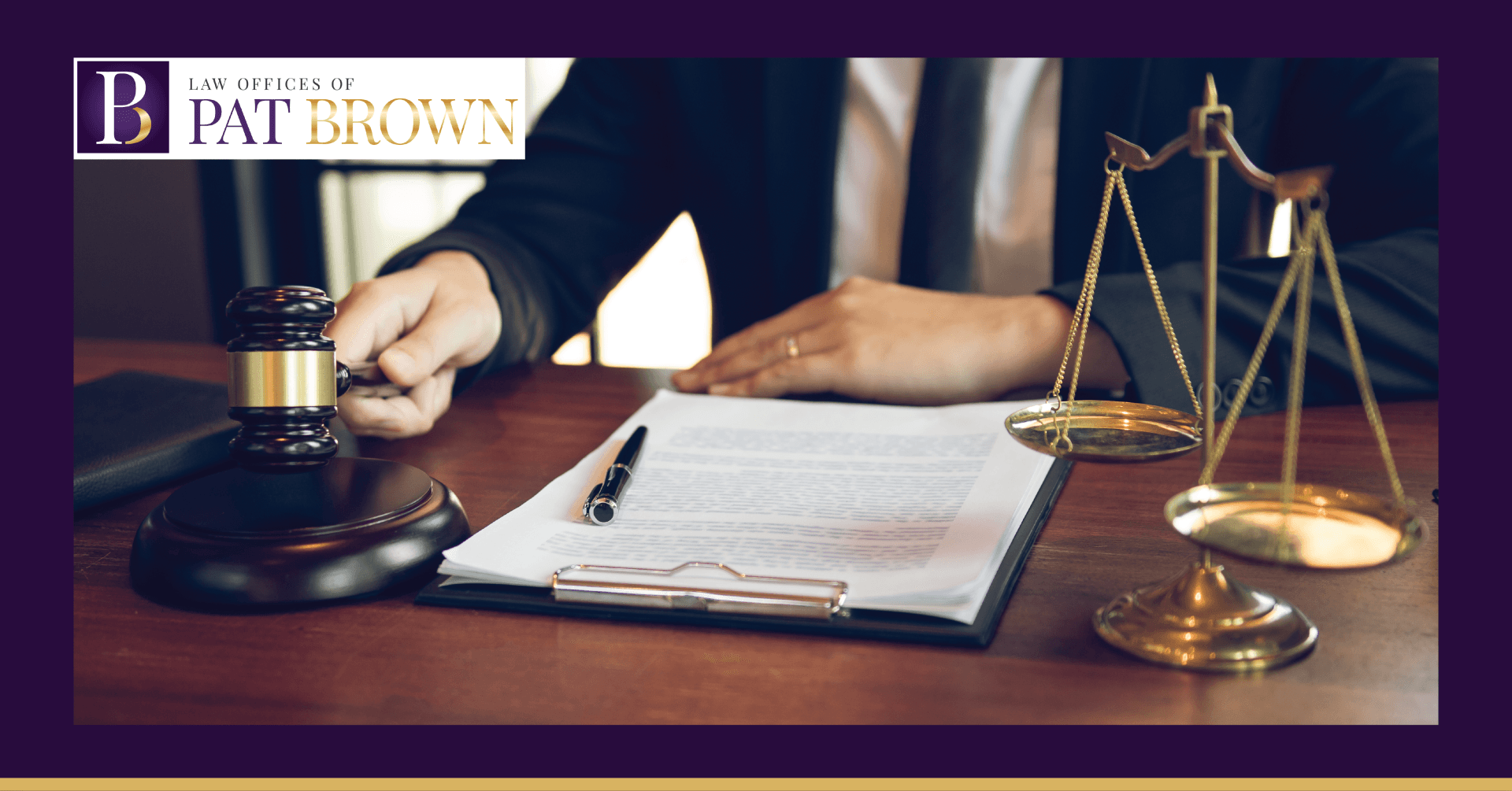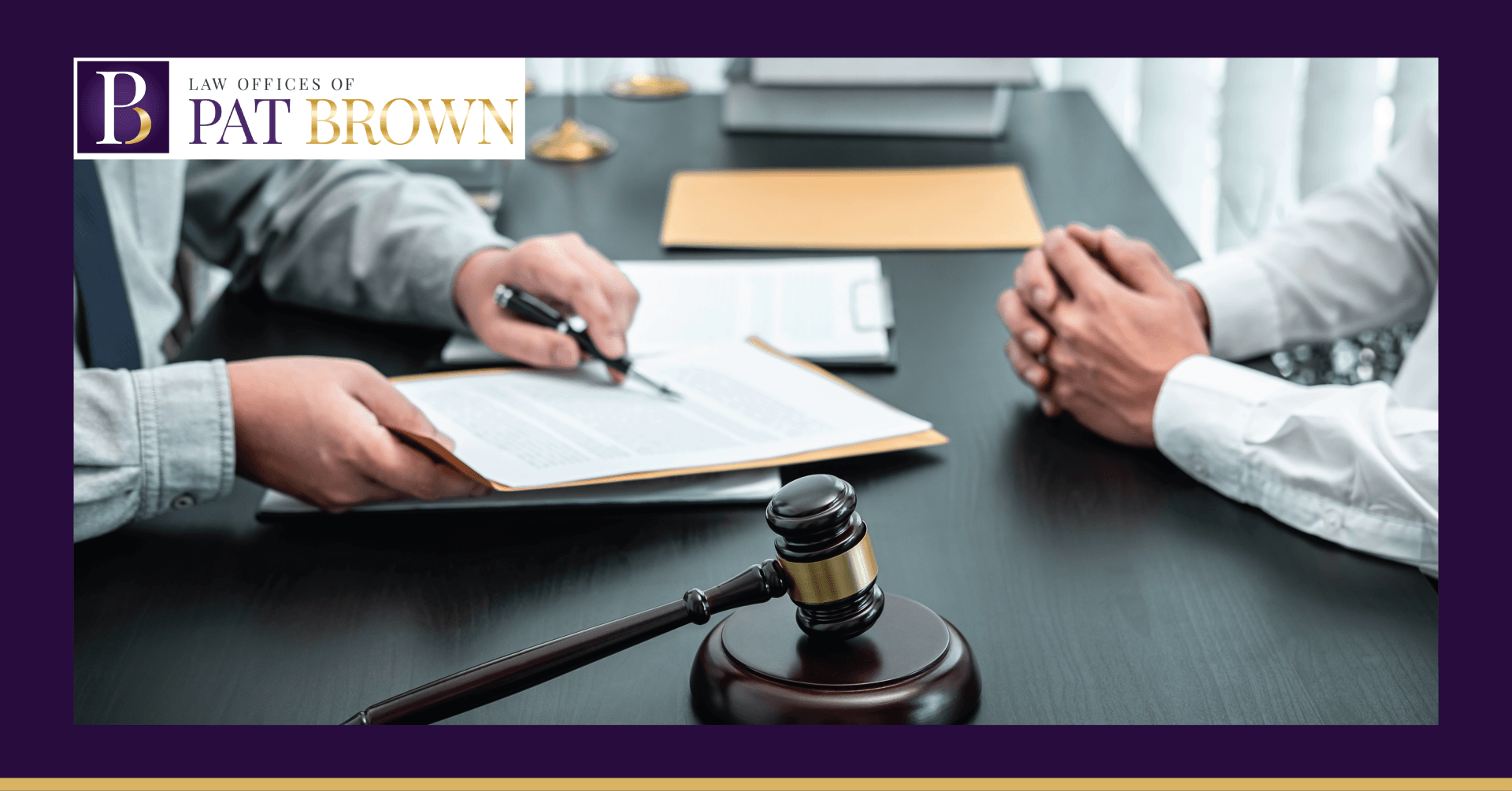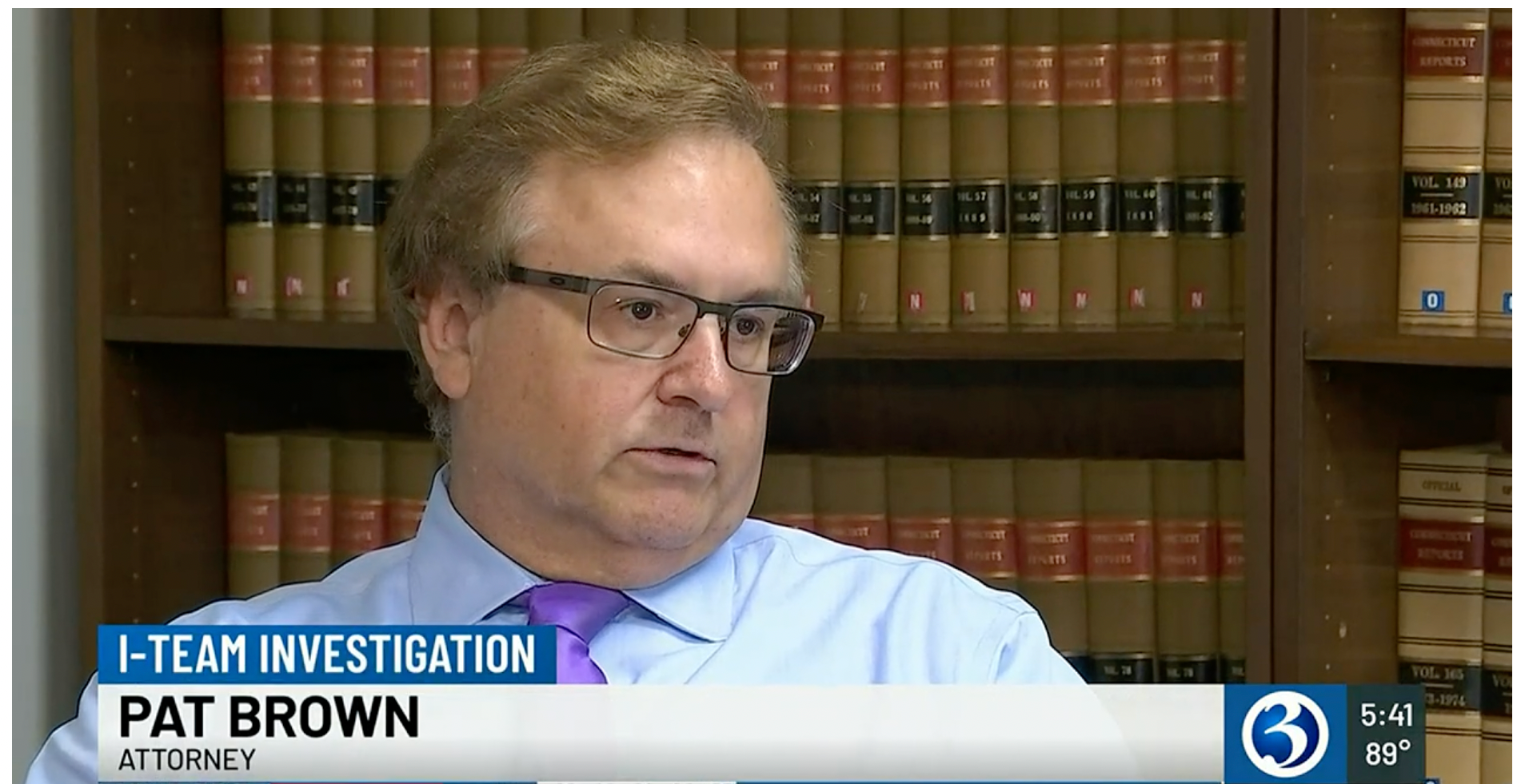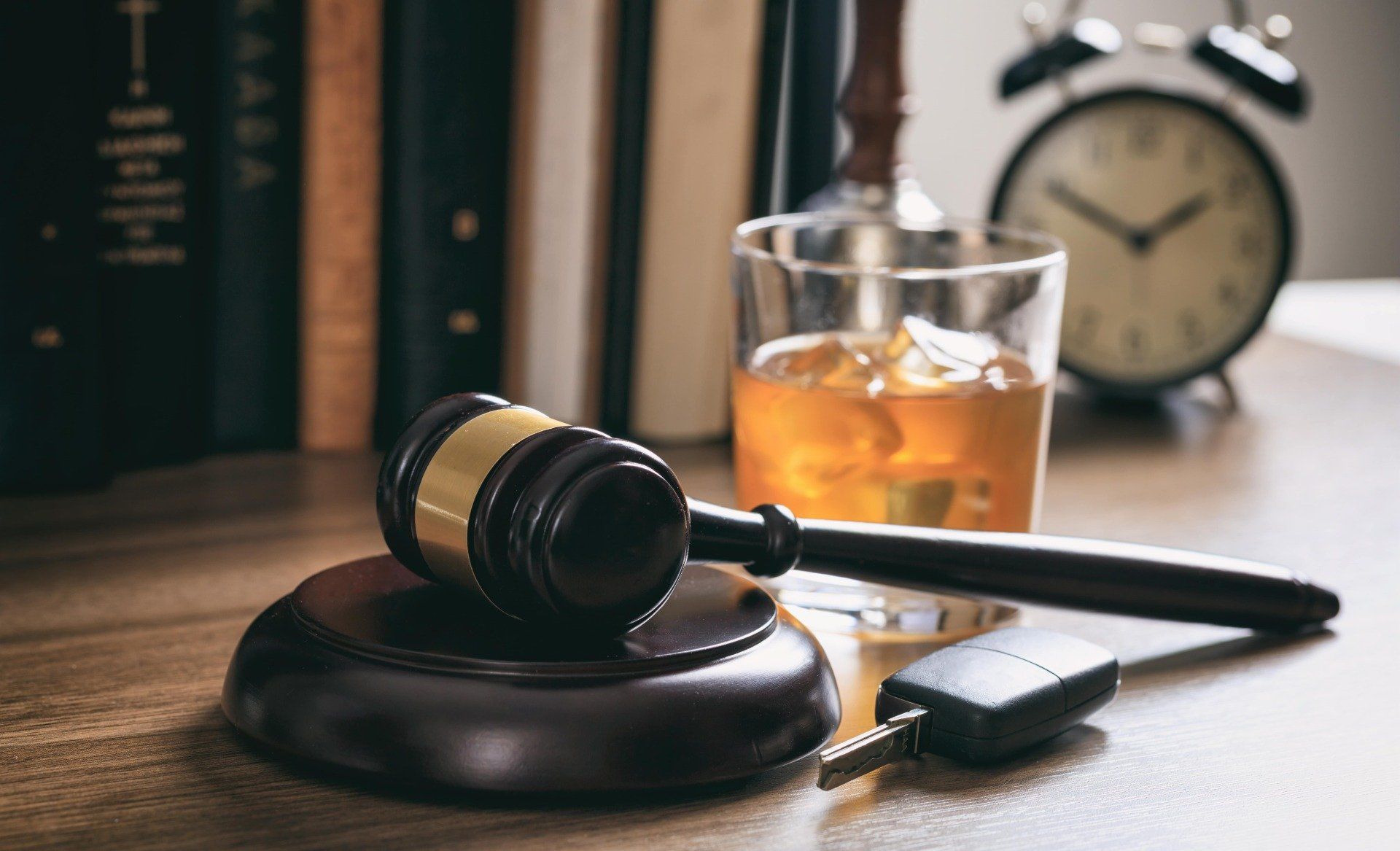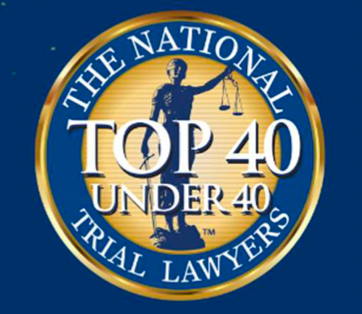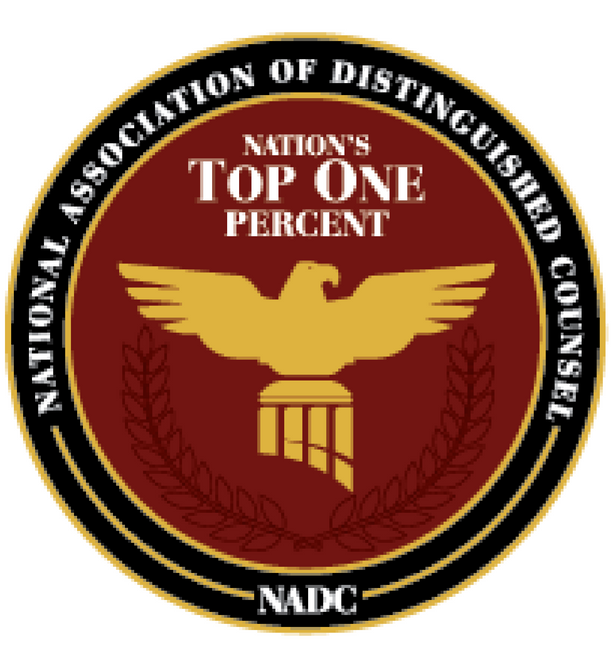What Is a Grand Jury? Everything You Need to Know
If you're under investigation or facing serious criminal charges, you might encounter the term “grand jury” and wonder what it really means for your case. Grand jury proceedings are notoriously secretive, and they can feel intimidating—especially since the defense plays little to no role in the process.
At Law Offices of Pat Brown, we understand how overwhelming this stage of the legal system can be. In this guide, we’ll explain how grand juries work, how they differ from trial juries, and what your rights are if you’re involved in a grand jury investigation.
How Does a Grand Jury Work?
Originally designed to act as a safeguard against unfair prosecution, grand juries have evolved into a powerful investigative tool used by prosecutors. Unlike trial juries, grand jurors don’t decide guilt or innocence. Instead, they determine whether there’s probable cause to issue an indictment.
Key Characteristics:
Because grand juries don’t require probable cause to begin an investigation, they often rely on speculative leads, anonymous tips, or unverified information. This one-sided process is something every suspect, target, or witness should approach with caution—and legal guidance.
Grand Juries vs. Trial Juries
While trial juries evaluate evidence to deliver a verdict, grand juries only determine whether formal charges should be filed. They operate in complete secrecy, and the defendant has no right to testify or present evidence unless invited by the prosecutor—something that rarely happens.
This means the prosecution has full control over the narrative, often presenting hearsay, summaries, or secondhand accounts instead of original evidence. At Law Offices of Pat Brown, we’ve seen how these tactics can unfairly shape a case before it ever reaches a courtroom.
The Two Types of Grand Juries
1. Charging Grand Jury
These are typically used for straightforward cases where the prosecution is ready to file charges. A charging grand jury:
2. Investigative Grand Jury
Used in complex cases like white-collar crime, organized crime, or public corruption, these juries:
Regardless of the type, grand juries don’t draft charges—they vote on indictments written by prosecutors. And unlike in trial court, only a majority vote is needed to issue an indictment.
What to Do If You Receive a Grand Jury Subpoena or Target Letter
If you're involved in a grand jury investigation, you may receive one of the following:
If you receive either, contact a criminal defense attorney immediately. At Law Offices of Pat Brown, we help clients respond strategically—whether that means negotiating immunity, preparing for safe testimony, or challenging the scope of the subpoena.


